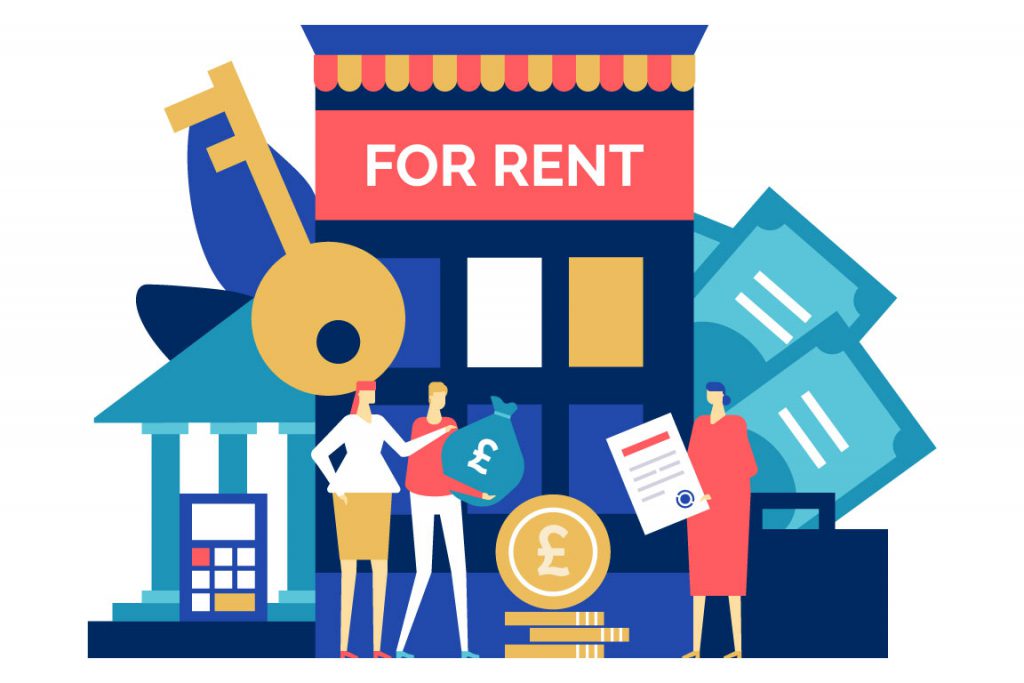
Requests for Rent reductions
Retail needs to reinvent itself to stay relevant, and more to the point, to stay in business. While the death of traditional retail has long been predicted, at Eurostop we feel that bricks and mortar retailers still have a lot to give, and if the most recent headlines are to be believed so too do the latest generation of shoppers, millennial Shoppers are becoming more discerning and looking for a better experience and to be entertained, shopping after all is a leisure activity.
One area that could really help stricken retailers is a reduction in rents. Recently we have seen a spate of high profile retailers such as Ann Summers, Clarks and Monsoon Accessorize asking for, and receiving, reductions in their rents. Landlords have traditionally set rents as part of multi-year contracts or leases, with very little option for flexibility, and over the years, many retailers have invoked a CVA or gone out of business as a result.
TMS – a win/win solution
While lower rents would be good for the retailers, they are not so good for the landlord. However, there is an alternative model – one that we at Eurostop have seen at first hand powered with a TMS (Tenant Management System), operating with great success throughout Asia. In the Far East where the mega-mall shopping culture is still ahead of the UK, landlords charge a smaller ‘rent’, plus a percentage of turnover. This results in a flexible rent option that adjusts proportionally if a retailer is doing well, encouraging sustainability for retailers in the mall. Those retailers that are highly successful generate more income for the landlord, and it is therefore in the landlords own best interest to ensure that they have a prime location within the mall.
Lower rents + commission = a better deal for all
This model could work very well in the UK where for some years now, there has been a trend towards out-of-town shopping malls. Consumers are attracted by more up market food halls, restaurants and bars, and often other leisure facilities such as cinemas and bowling alleys.
Better decisions supported by sales and footfall
Successful shopping malls offer a mix of high-profile anchor tenants to attract large numbers of customers together with plenty of fresh, new brands to keep the shoppers interested and coming back for more. A Tenant Management System (TMS) can help landlords to gather information such as sales and footfall data across all types of tenant, enabling them to make fact-based decisions. The data can show the location of sales so that landlords can identify the busiest, most profitable locations, and so allocate pitches accordingly. With a TMS they can also track information such as sales value by floor and retail sector. This enables the landlord to optimise the space and meet demand, by offering successful and sought-after brands premium positions within the mall.
In addition, having an overall view of sales means that landlords can see the result of specific marketing campaigns, for example, a promotion to boost visitors on mid-weekdays that tend to be quieter. More detailed analysis shows whether footfall increased and if sales increased as a result.
By combining a fixed price element to the rent, with a performance related element, shopping malls are able to offer rents that are manageable, even for start-up businesses, and benefit when those brands become more successful. In this way, it is in the landlord’s interest to help market the mall to attract visitors, and a successful retailer is happy to pay commission when sales are good, knowing that during quiet times the rent will be lower which helps with cash flow.



